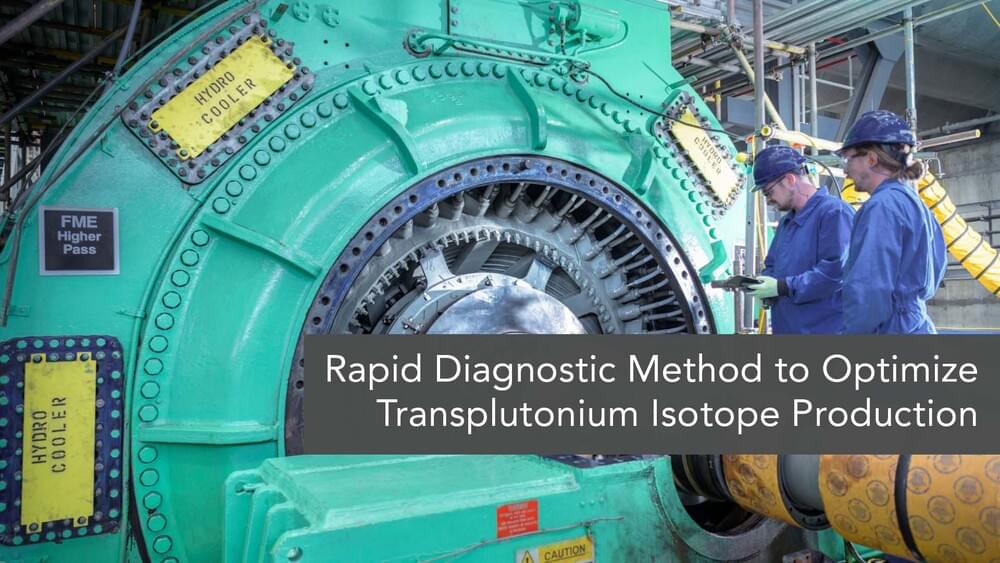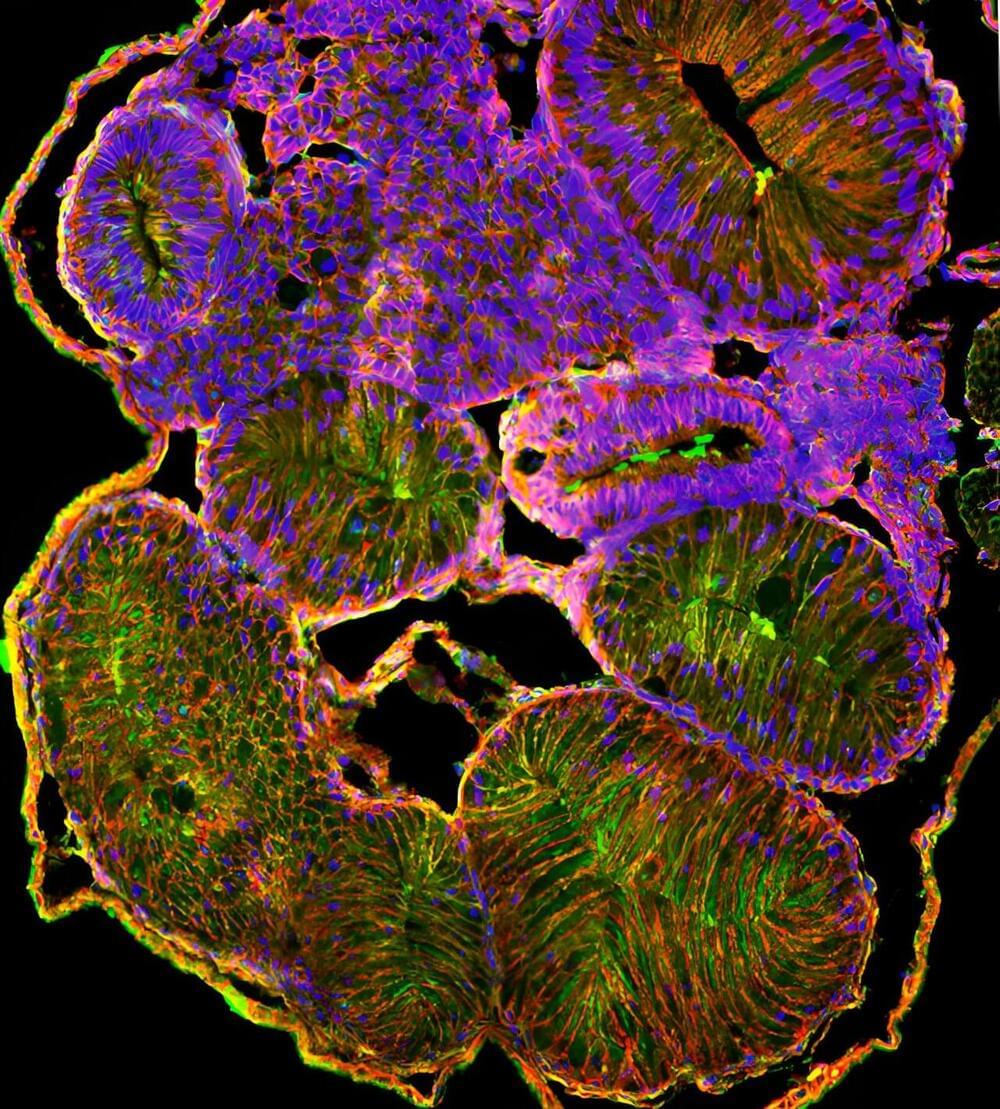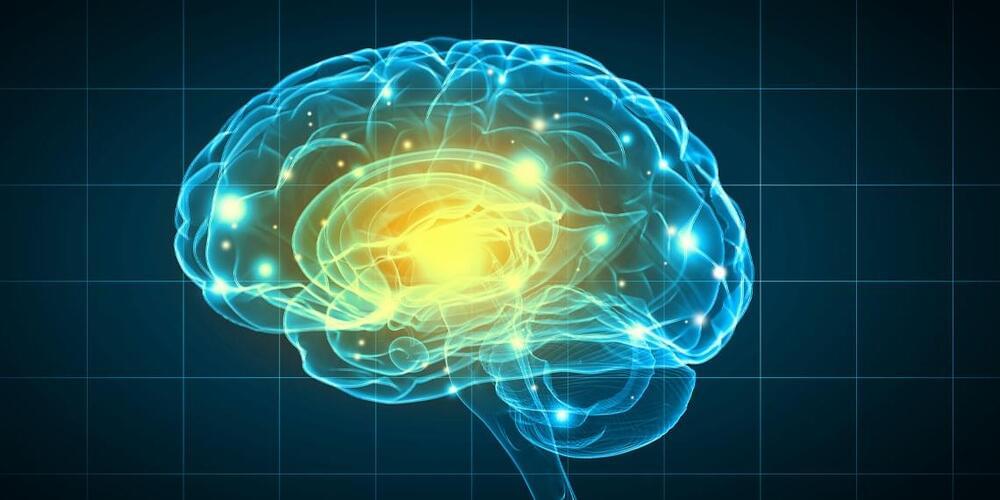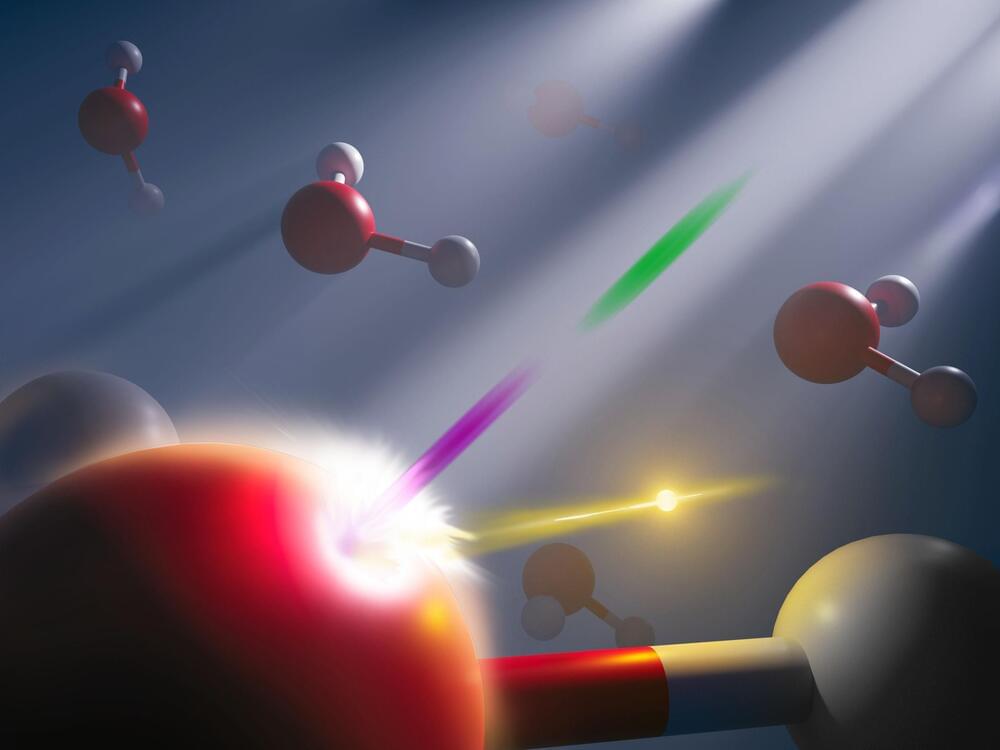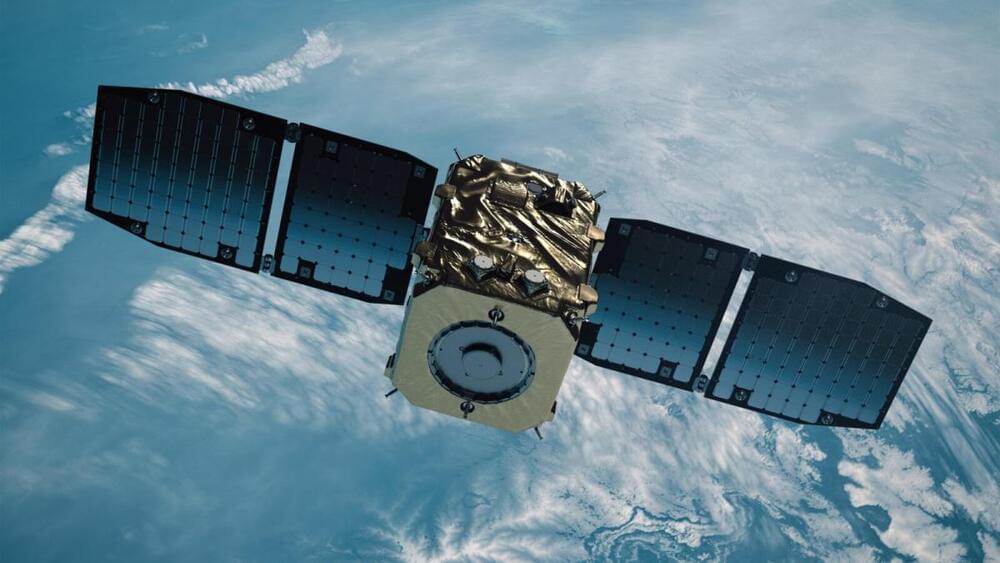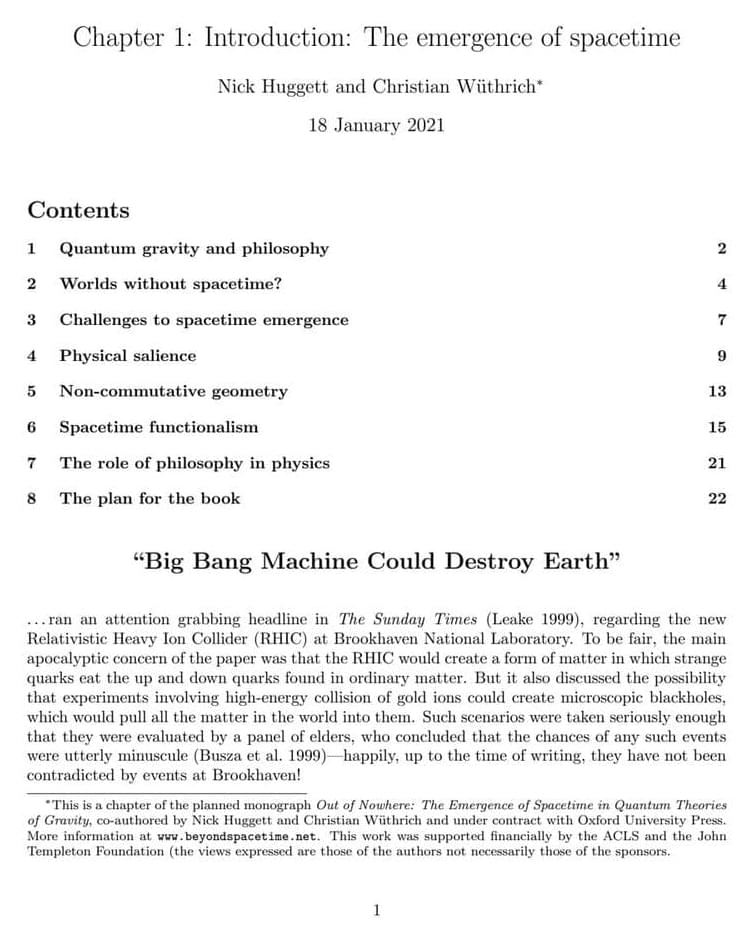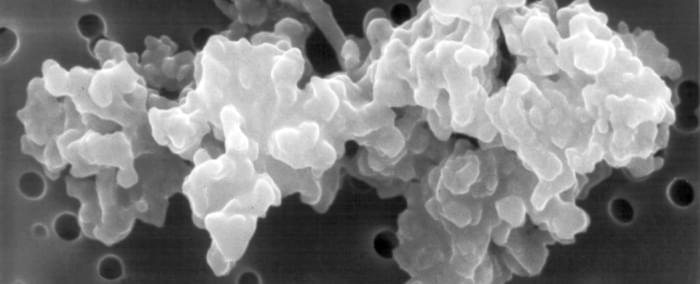Feb 19, 2024
Efficient and Sustainable Transplutonium Isotope Production: A New Diagnostic Approach
Posted by Shubham Ghosh Roy in categories: computing, military, nuclear energy, space, sustainability
In this study, a novel rapid diagnostic method was developed for optimizing the production of transplutonium isotope through high flux reactor irradiation. The proposed method was based on the concept of “Single Energy Interval Value (SEIV)” and “Energy Spectrum Total Value (ESTV)”, which significantly improved the production efficiency of isotopes such as 252Cf (by 15.08 times), 244Cm (by 65.20 times), 242Cm (by 11.98 times), and 238Pu (by 7.41 times). As a promising alternative to the traditional Monte Carlo burnup calculation method, this method offers a more efficient approach to evaluate radiation schemes and optimize the design parameters. The research discovery provides a theoretical basis for further refining the analysis of transplutonium isotope production, leading to more efficient and sustainable production methods. Future studies could focus on the implementation of energy spectrum conversion technology to further improve the optimal energy spectrum.
The production of transplutonium isotope, which are essential in numerous fields such as military and space technology, remains inefficient despite being produced through irradiation in a high flux reactor. Past studies on the optimization of transplutonium isotope production through irradiation in a high flux reactor have been limited by the computational complexity of traditional methods such as Monte Carlo burnup calculation. These limitations have hindered the refinement of the evaluation, screening, and optimization of the irradiation schemes. Hence, this research aimed to develop a rapid diagnostic method for evaluating radiation schemes that can improve the production efficiency of isotopes such as 252Cf, 244Cm, 242Cm, and 238Pu. The outcome of the study showed great potential in advancing the production of transplutonium isotope, which have numerous applications in fields such as military, energy, and space technology.
